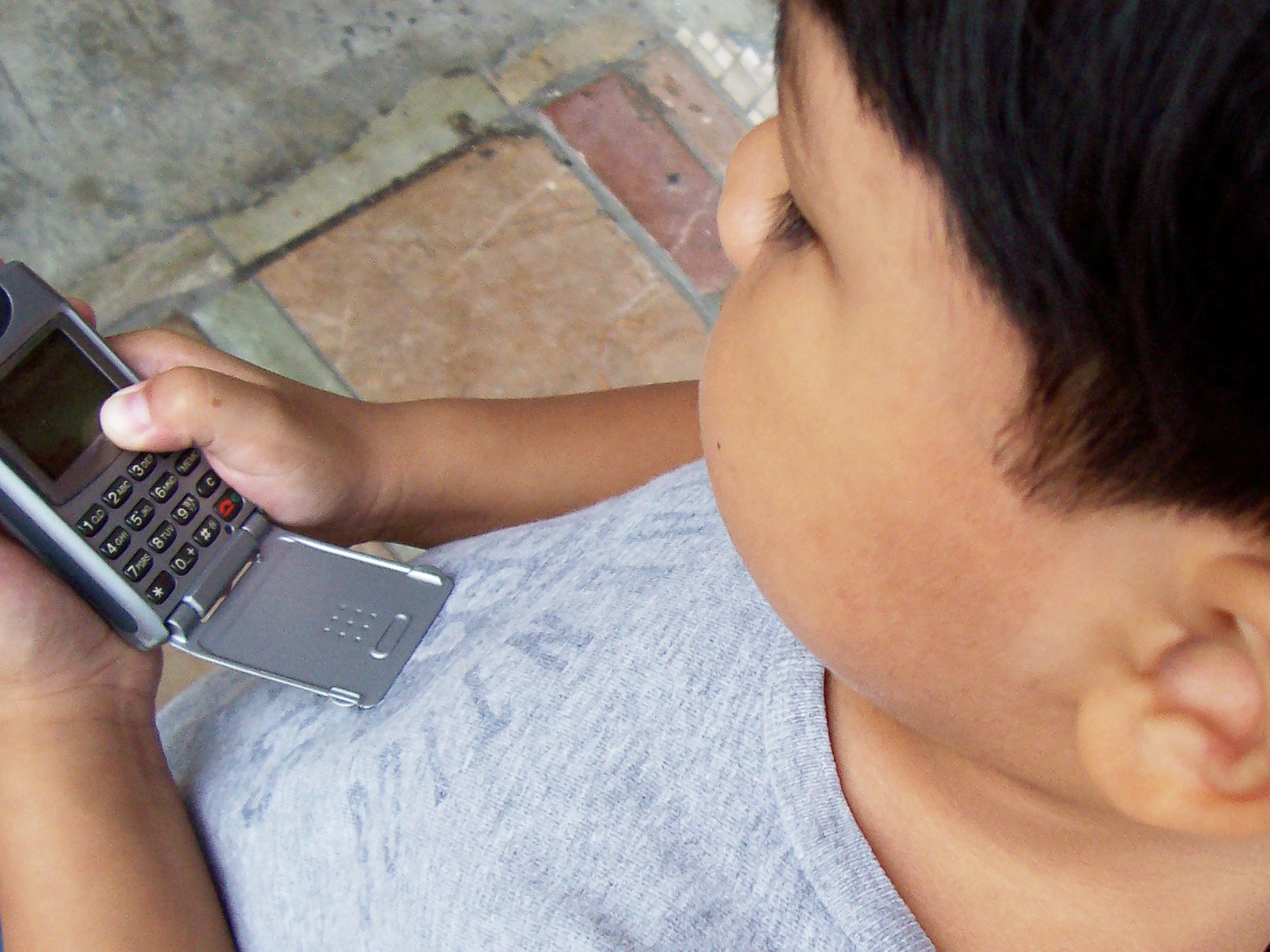Italy gets tough on school mobile ban
Education minister wants morality lessons, stricter teachers

Italy is getting tough on kids who break the country's laws by using mobile phones in schools.
It is illegal for school children to use mobile phones in schools, but the Italian government wants to enforce the rules to ensure that they're followed. The ban was put in place to combat incidents of bullying, and other acts, being filmed and distributed, reports Reuters .
Speaking of the tough new approach, Italy's education minister Beppe Fioroni, said: "The episodes of the past few months have been extremely serious. I repeat: extremely serious.
"The ban on disturbances and inappropriate behaviour during lessons already exists, and teachers can in fact take disciplinary measures against offenders."
Mr Fioroni's plans involve talks on constitutional values to be held in middle and high schools every year, to teach children "about respect for self and other people".
UK laws
In the UK, individual schools can decide for themselves whether or not to ban mobile phones, despite the popularity of bullying via mobile phone and 'happy slapping' - filming someone being attacked and distributing the footage amongst friends.
A Department for Education and Skills spokesperson told Tech.co.uk: "We give headteachers a lot of freedom. Heads have the power over lots of things in schools - from uniforms to mobile phones. We believe that policy is working well and have no immediate plans to change it."
Get daily insight, inspiration and deals in your inbox
Sign up for breaking news, reviews, opinion, top tech deals, and more.
In February, the Scottish Education Minister Hugh Henry urged local councils to bring in guidelines on mobile phone use in Scottish schools.
Earlier this month the French government announced that it was cracking down on amateur film making, with a view to curbing the violence and notoriety of happy slapping youngsters. However the law has drawn criticism from civil liberties groups who warn that it could be used to for censorship.